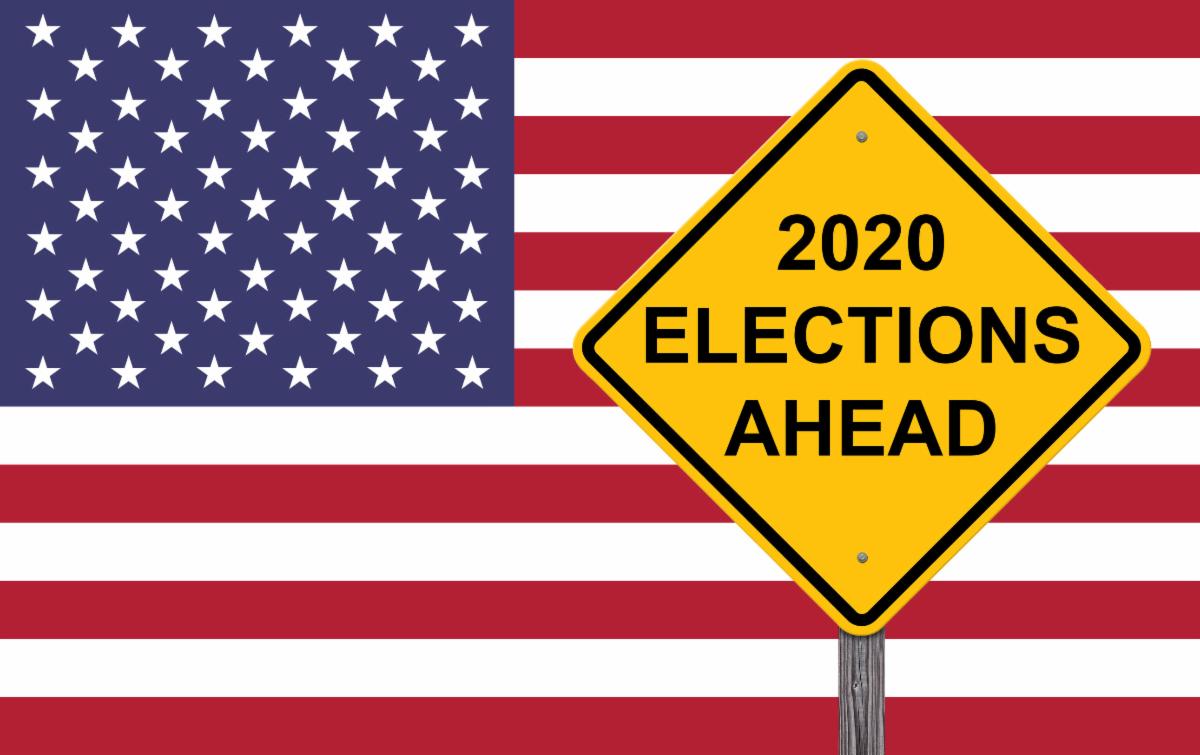Three years ago this week one of the most prominent markers of the 240-year American experiment took place: A national election to choose a new leader of the Executive Branch. Since then, a terabyte of words has been written and spoken – often apoplectically – about the Constitutional result of that election: Donald Trump.

Today, on the penultimate threshold of our 2020 quadrennial, let’s consider an oft-overlooked voting bloc that had – and likely will have again – a significant say in the next electoral outcome. I’m talking about America’s small businesses, of which the SBA reports there are over 30 million. Six million are employers who make payroll for over 60 million employees. The rest are marketplace quarks – the smallest business entity – solopreneurs.
Mathy alert. Here’s an electoral calculation rarely contemplated by most people or pundits: Add the first and third of the foregoing numbers and you get 90 million. Allow me to re-state that in context: Ninety million voters. Now add to that sum their voting age dependents – spouses and children – and the small business electoral critical mass easily grows to well over 100 million of America’s 245 million eligible voters. Let’s call that small business cohort “the stakeholders,” because regardless of how they vote, each one has a stake in the future of a small business.
The period 2007-2016 was what I’ve called Main Street’s Economic Lost Decade. As Wall Street hit new record highs during this period, the Main Street economy languished, averaging under 2% GDP annually. The impact of this era on the small business sector ranged from diminished opportunity to decimation. Consequently, based on poll results – ours and others’ – in 2016 I ventured that small business stakeholders would be attracted to Trump’s economic campaign messaging. My prognostication was based on what small business survivors of the Lost Decade reported caring about most: economic expansion, ending Obamacare, tax and regulatory reform. Now, back to the election.
Let’s bring the reporting current with the most recent poll question we asked our small business audience: “What impact has President Trump’s policies had on your business?” Almost two-thirds selected “Very positive” (39%) and “Somewhat positive” (24%). The negative responses totaled 15%, with 21% saying, “No impact.”
One way to think of our 64/36 split – which is consistent with other queries made since the 2016 election – is to compare it to the most recent Rasmussen poll (Oct 30), showing the president with a 47% job approval rating. With Main Street business owners favoring the president’s job performance by 17 points over the general public, it really must be “the economy, stupid.” A year from now, if Trump is still underwater in national polls but sustains the same advantage with small business stakeholders, even discounting this cohort by two-thirds, Main Street firms will deliver the election for him. Again.
Feel the need to throw shade on my polling? Fair enough. After all, we’ve only been polling small business owners for 20 years. But surely you’ll respect an almost 50-year model. Since the 1970s, the NFIB’s Index of Small Business Optimism, the gold standard of polling for this sector, has produced an average monthly “Optimism” response of 98.3 points. During the entire Lost Decade, the Index – which aggregates responses to 10 key small business operating elements – reported stuck below that multi-decade average, in the 93-95 range. But since December 2016, the NFIB’s optimism number has averaged 105.2 points. By the way, the NFIB chief economist and the Index’s founding purveyor, Dr. Bill Dunkelberg, has delivered his report on my radio program every month since 2000.
It must be said that in the NFIB survey, there are no presidential job approval questions. But we’re talking about businesses planted-in-the-ground, operating where the economy’s rubber meets the road. So, it’s no giant leap of logic for the appraisal of any president by those who sign the front of 90 million paychecks every month to track on a straight, bold line to the performance of the Main Street economy.
BREAKING NEWS! In our most recent online poll, intentionally offered twelve months before America return to the voting booth, we asked small business owners, “How will you vote in 2020?” The response came in at 79% for Trump and 21% against.
Write this on a rock … Small business stakeholders helped Donald Trump in 2016. Expect that to happen again in 2020, because out here on Main Street, it’s still the economy, sweetie.
